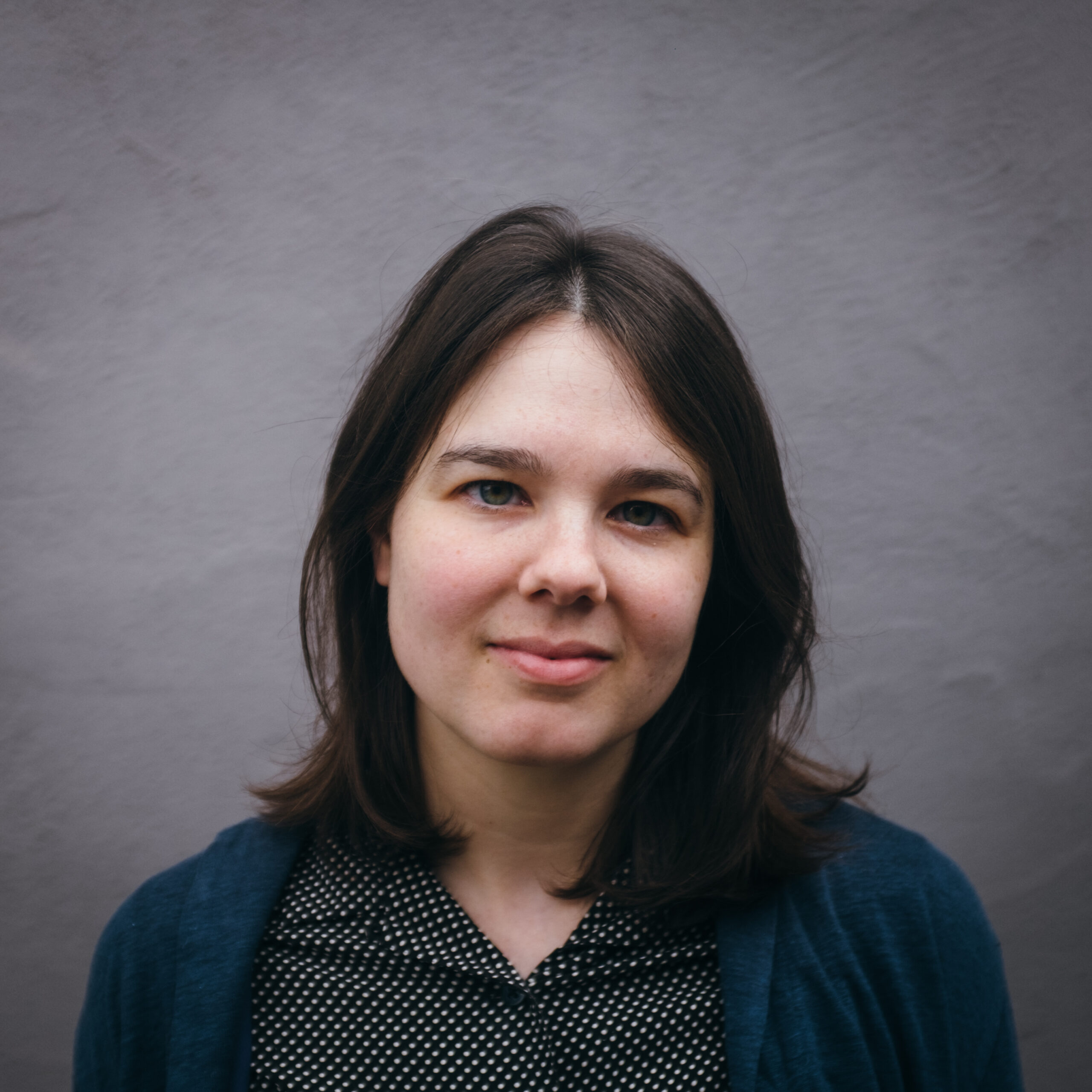
Faculty Candidate Seminar
Next generation technologies for quantum computing and sensing
Add to Google Calendar

Zoom Link for remote participants, password ECECAN
Abstract: In recent years, quantum technologies have made spectacular progress towards applications in computing, simulation and sensing. In particular, spin qubits offer a promising pathway to building a viable quantum computer, given their potential for scaling using established semiconductor manufacturing techniques. A key feature of quantum systems is their sensitivity to the environment, which has both drawbacks and benefits: it is one of the major challenges in scaling to larger and more powerful devices, but it is also a resource that can be leveraged to perform sensitive measurements of physical properties. In this talk, I will present two experiments; one in which a spin qubit is used as a sensor to improve its coherence time and coupled to a resonator to enable long-distance coupling, and one studying superfluid density in the newly discovered nickelate superconductors. I will then describe how developing greater control and understanding of materials for quantum science presents a path forward, enabling spin qubits to become a leading platform for quantum information science and novel experiments probing the solid-state using quantum devices.
Bio:
Shannon Harvey is a research associate at Stanford University and SLAC, studying superconducting qubits. Prior to that, she was a postdoctoral scholar at Stanford, researching the superconductivity in nickelates. She received her PhD. in Physics from Harvard University in 2019, where she worked on spin qubits, a solid-state platform for quantum computing, and her BA from Cornell University. She received the Goldhaber Prize and White Teaching Prize from the Harvard Physics Department, and was a recipient of the NDSEG fellowship.
 MENU
MENU 
